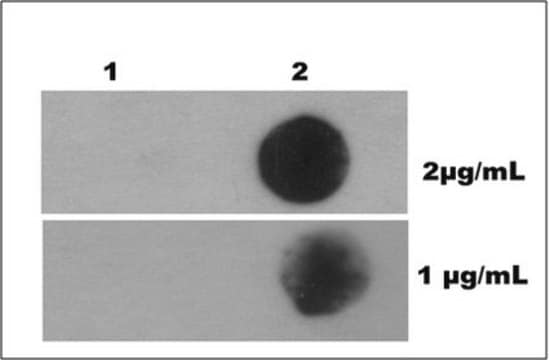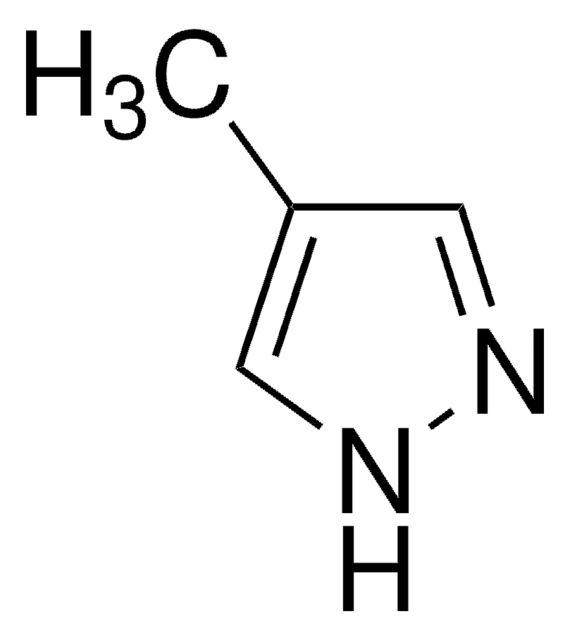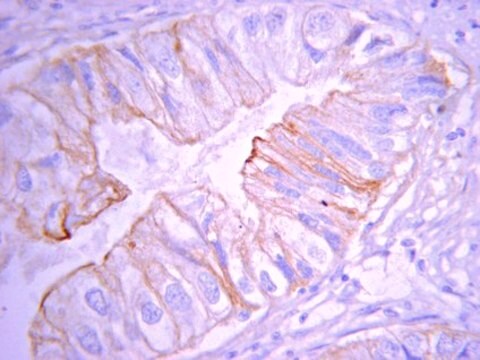SML0217
GSK2334470
≥98% (HPLC)
Synonym(s):
(3S,6R)-1-[6-(3-Amino-1H-indazol-6-yl)-2-(methylamino)-4-pyrimidinyl]-N-cyclohexyl-6-methyl-3-piperidinecarboxamide
About This Item
Recommended Products
Quality Level
Assay
≥98% (HPLC)
form
powder
color
white to light brown
solubility
DMSO: ≥10 mg/mL
storage temp.
2-8°C
SMILES string
CNc1nc(cc(n1)-c2ccc3c(N)n[nH]c3c2)N4C[C@H](CC[C@H]4C)C(=O)NC5CCCCC5
InChI
1S/C25H34N8O/c1-15-8-9-17(24(34)28-18-6-4-3-5-7-18)14-33(15)22-13-20(29-25(27-2)30-22)16-10-11-19-21(12-16)31-32-23(19)26/h10-13,15,17-18H,3-9,14H2,1-2H3,(H,28,34)(H3,26,31,32)(H,27,29,30)/t15-,17+/m1/s1
InChI key
QLPHOXTXAKOFMU-WBVHZDCISA-N
Application
- Treg cells, to identify regulators of interleukin 2 (IL-2)– signal transducer and activator of transcription 5 (STAT5) signaling
- glycodelin-transfected HEC-1B human endometrial adenocarcinoma cells.
- HeLa and Hs578T cells to test its effect on formylglycinamidine ribonucleotide synthase (FGAMS) assembly
Biochem/physiol Actions
Other Notes
Storage Class Code
11 - Combustible Solids
WGK
WGK 3
Flash Point(F)
Not applicable
Flash Point(C)
Not applicable
Choose from one of the most recent versions:
Certificates of Analysis (COA)
Don't see the Right Version?
If you require a particular version, you can look up a specific certificate by the Lot or Batch number.
Already Own This Product?
Find documentation for the products that you have recently purchased in the Document Library.
Our team of scientists has experience in all areas of research including Life Science, Material Science, Chemical Synthesis, Chromatography, Analytical and many others.
Contact Technical Service








